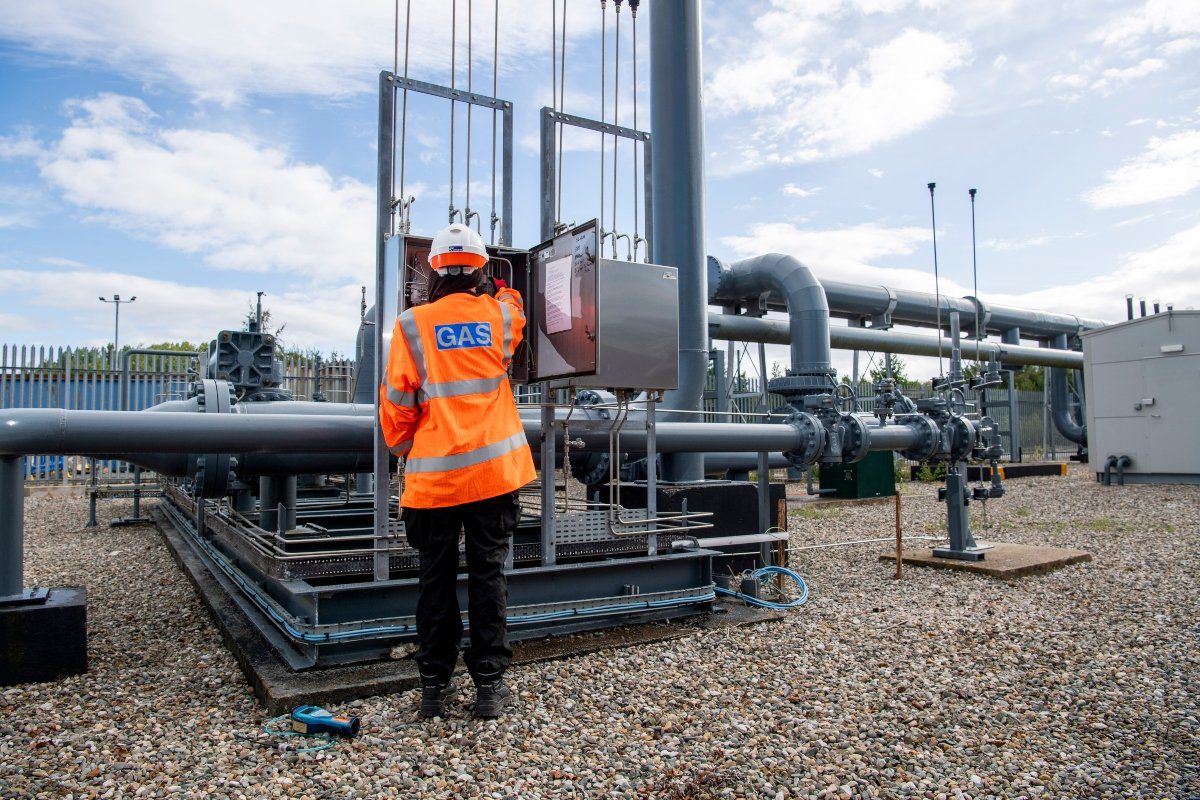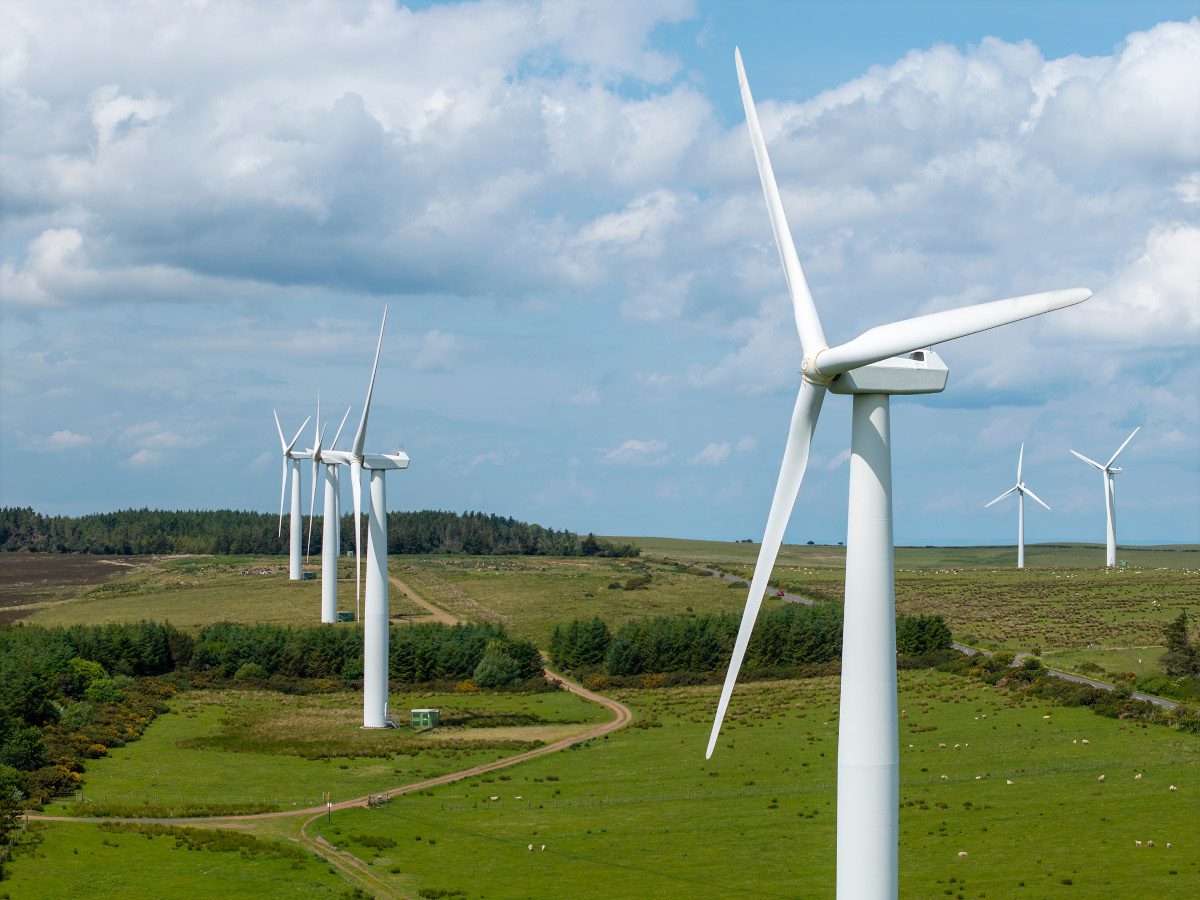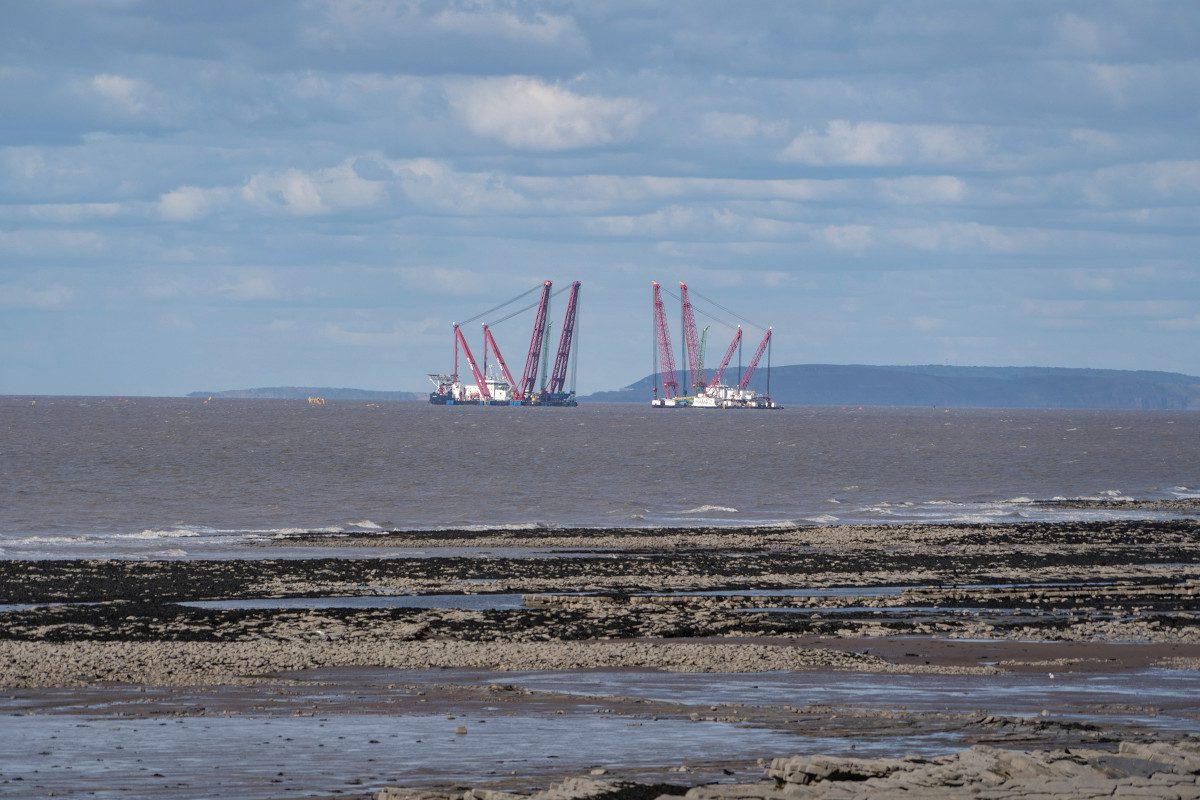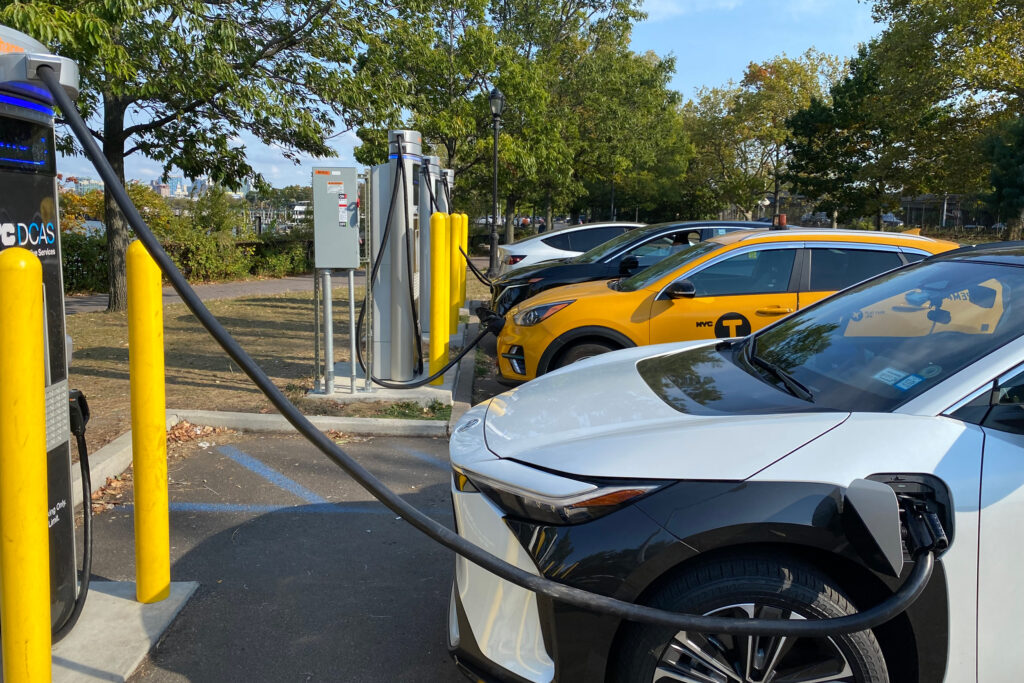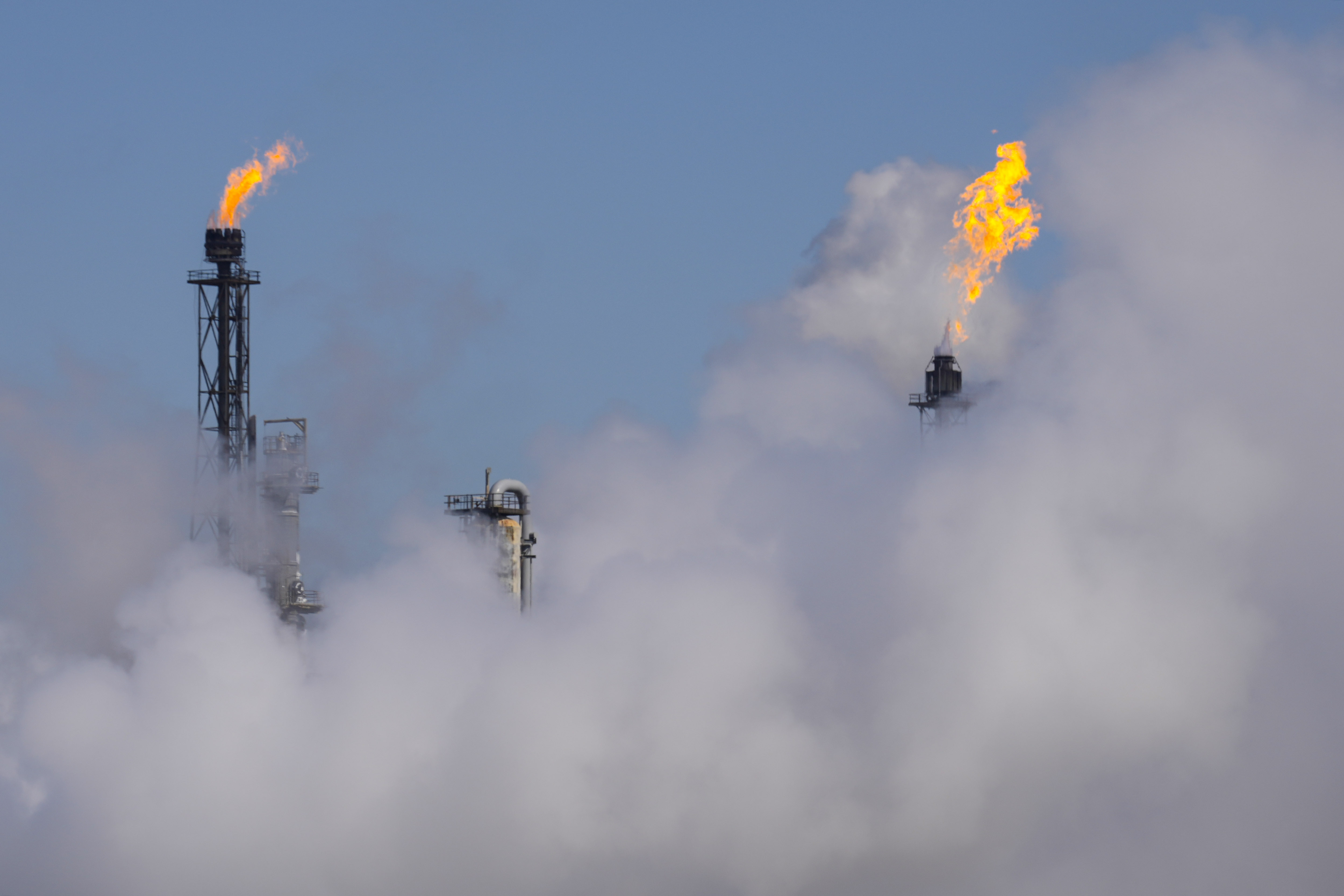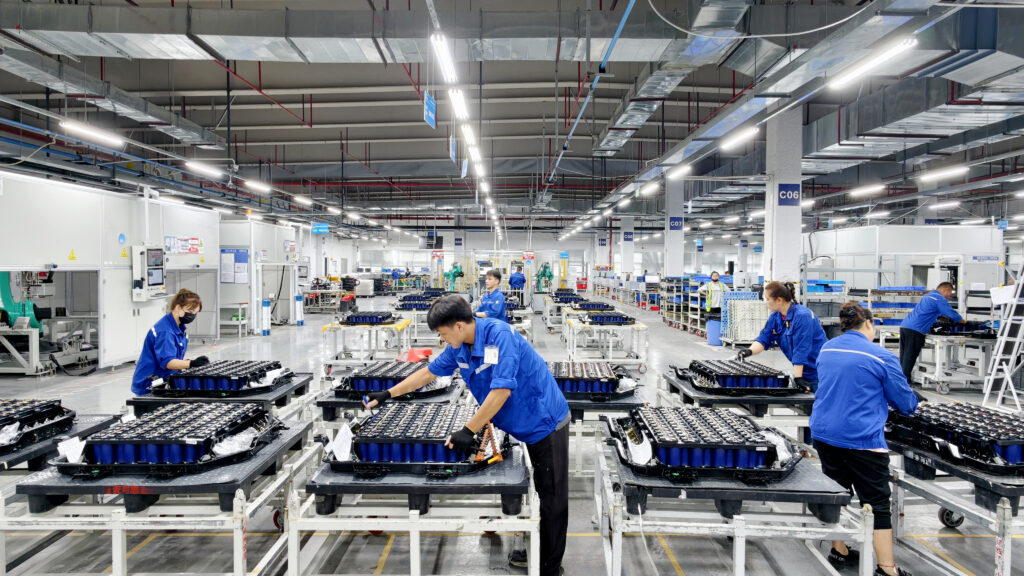A waste autopsy has examined 30 kg of the 114 tonnes of rubbish excavated from the banks of the River Thames, an area that had become known as ‘wet wipe island’, finding that the majority of the waste originated from sewer discharges rather than direct littering, confirming the major role of inappropriate flushing in both sewer blockages and environmental contamination. The work was carried out by The Water Research Centre (WRc), which explains more about the work and its findings, below.
The Port of London Authority project removed around 5 million wet wipes from a 250-metre section of the foreshore near Hammersmith Bridge in west London in September. Thames Water Utilities and the Port of London Authority worked on the project with Thames21, an environmental charity that works with communities to restore and look after rivers, water and nature across London and the Thames Basin.
WRc Principal Consultant Peter Henley said Thames Water requested the help of WRc, an RSK Group company, in carrying out a composition analysis on six samples taken from wet wipe island to, where possible, determine the nature and potential identity of the material recovered.
WRc previously undertook work for Water UK, the trade association for the industry, in 2017 to identify the causes of sewer blockages by analysing the materials found within them. In 2023, WRc was tasked with identifying and categorising floating sewer debris collected from wastewater treatment works screens.
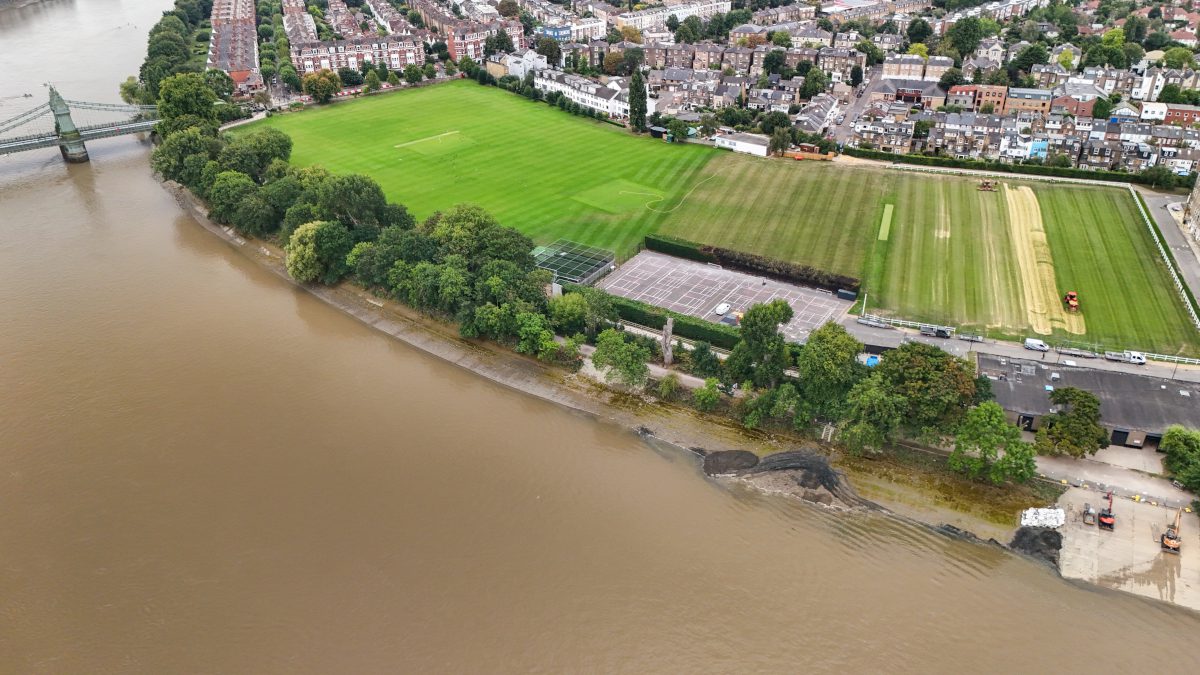
Peter explained that the wet wipe island samples were rinsed to remove the river sediment to allow WRc could examine the materials collected. The WRc team identified 12 categories: baby wipes, incontinence wipes, wet wipes, panty liners, tampons, cosmetic wipes, unidentifiable items, hand towels, fabric, unknown plastics, plastic line and twigs/shells.
WRc’s findings were as follows:
- Eight of the 12 product categories identified are the same as those found in sewer blockages, indicating these products are likely to have derived from sewer discharges.
- All eight of the 12 product categories are considered ‘non-flushable’ products and will have been labelled as such.
- Four of the 12 product categories are considered floating debris originating directly from litter discharged into the river.
- A large proportion of the individual items, both as a sample count and by weight, were wipes or a tangled mass of wipe-derived material.
- Baby wipes, manufactured using plastic polypropylene fibres, were present in all samples.
- An unidentified mass of material derived from baby wipes was present in all samples.
- Period products, including panty liners, were present in five of the six samples.
He said: “As part of this river clean-up exercise and linked to the UK government’s plan to prohibit the use of single-use wet wipes containing plastic fibres, Thames Water wanted to understand the composition of this build-up to better inform customers about the harm caused by sewer misuse and the flushing of inappropriate materials, particularly plastic wet wipes that can escape to the environment and lead to the harmful build-up of this nature.”
Peter noted that Water UK’s most recent cost estimate for clearing sewer blockages was close to £200 million nationally, with studies, including WRc’s own work, attributing more than 60% of blockages to the use of plastic wipes.
Peter said: “Our analysis confirmed what we already know about wet wipes with a plastic component, including baby wipes, incontinence items and period products. These materials simply do not break up in our sewer systems and contribute to sewer blockages and environmental problems such as ‘fatbergs’ and, when these materials escape the sewer system, they are characterised by significant and problematic mass deposits such as those found at wet wipe island.”
Thames Water Pollution Improvement Project Manager Alex Dudfield said: “After supporting the Port of London Authority on their first-of-its-kind mass removal of wet wipe island, Thames Water asked the Water Research Centre to investigate the contents of it. The results have been invaluable. While the core messaging around the Three Ps (only flush Pee, Poo and Paper) will remain the same, these results will help guide our messaging toward the most problematic materials found based on the real-life impact this sewer misuse has caused on this stretch of the River Thames near Hammersmith Bridge.”
Peter added that the government’s draft law to ban plastic in wet pipes passed through the House of Commons and House of Lords this week and was announced by the Minister on Tuesday, 18 November. Following an 18-month transition period, the plastic wet wipe ban will see the end to the general sale of wet wipes containing plastics, which will go a long way in protecting our sewers from blockages and our environment from their long-lasting impact. Wipes manufacturers have already committed to this plastic ban and will see the end to the production of plastic wet wipes other than for specific medical purposes. However, as many other items are incorrectly flushed, as found in the WRc autopsy, the message around sewer misuse needs to be maintained and for only the ‘3Ps’ to be flushed.”



